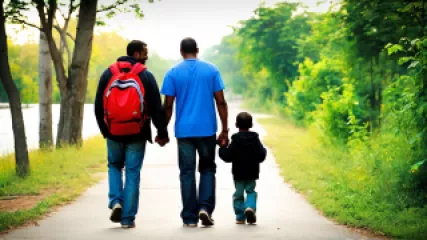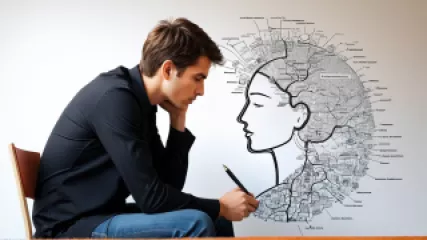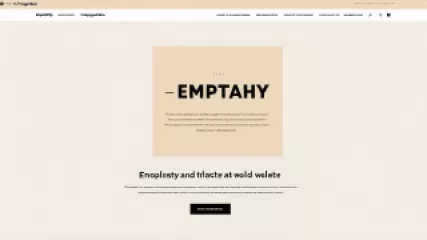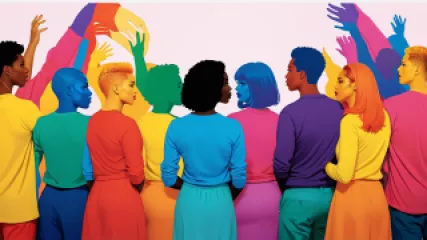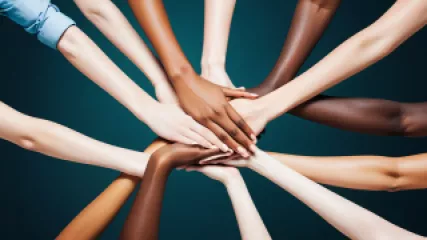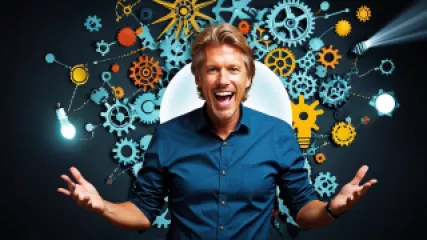My Journey to Embracing Fashion and Emotional Well-being
1 year ago
Psychology of Fashion
Unlocking Personality: Lessons from 'The Pursuit of Happyness' on Parent-Child Relationship
1 year ago
Parental Influence on Personality
My Journey to Cultivating Deeper Empathy
1 year ago
Empathy
How to Clarify Your Personal Values: A Step-by-Step Guide
1 year ago
Personal Values Clarification
10 Best Ways to Cultivate Empathy as an Online Counselor
1 year ago
Empathy
Embracing the Spectrum: An LGBTQ+ Perspective on Sexual Orientation
1 year ago
Sexual Orientation
Exploring the Challenges and Solutions in Elderly Mental Care
1 year ago
Elderly Mental Care
The Surprising Power of Empathy: Why It Matters More Than You Think
1 year ago
Empathy
How to Find Therapeutic Benefits Through Fashion
1 year ago
Psychology of Fashion
My Transformative Journey: Unlocking the Secrets of Dream Interpretation
1 year ago
Dream Interpretation
10 Best Ways to Foster Creativity Through Counseling
1 year ago
Fostering Creativity
How to Interpret Your Dreams: A Step-by-Step Guide for Online Therapy
1 year ago
Dream Interpretation
My Personal Journey with Online Dream Coaching
1 year ago
Dream Interpretation
What 'Mean Girls' Taught Us About the Psychology of Fashion
1 year ago
Psychology of Fashion
Unleashing Creativity: An Interview with a Renowned Creativity Coach
1 year ago
Fostering Creativity


